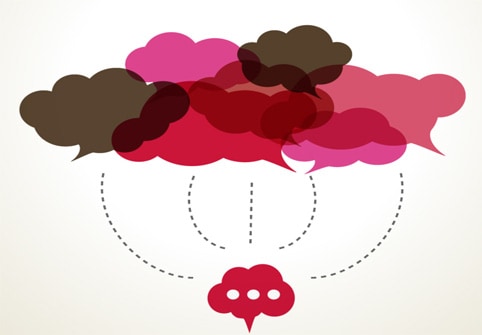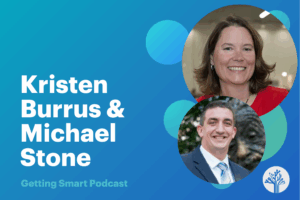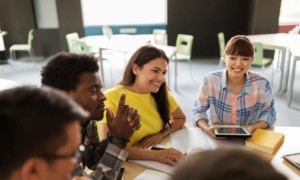Wikipedia Edit-a-Thons Give Students a More Active Role in the Research Process

“Wikipedia Edit-a-Thons Give Students a More Active Role in the Research Process” by Kristen Hicks first appeared on edcetera.
Many faculty and academic librarians try to drill into students the understanding that Wikipedia isn’t a reliable research source. Stephen Colbert famously helped demonstrate why by encouraging his viewers to make often ridiculous changes to Wikipedia articles.
The crowdsourcing feature that makes Wikipedia a sometimes-questionable research source (and entertaining tool for TV satire) is one that can be turned on its head to give students a more interactive educational experience. A Wikipedia Edit-a-Thon encourages students to take the initiative to perform research and fact checking to improve Wikipedia’s scope of coverage and accuracy.
In a recent, highly publicized event, Brown University hosted an Edit-a-Thon focused on improving the representation of women in science on the site. Those who participated in the project were given resources on how to make Wikipedia edits that will stick, and a long list of women who had been overlooked on the site altogether or who had insufficient articles that could be fleshed out.
Planning a Wikipedia Edit-a-Thon with students would work best for classes covering subjects that are somewhat out of the limelight. If you’re teaching Dickens and Tolstoy, the relevant Wikipedia pages are pretty well covered and your students won’t find much to add. Any course with a more specialized approach, though, may very well cover figures, events, or ideas that aren’t as well represented in Wikipedia.
An Edit-a-Thon offers the benefit of giving students a feeling of ownership over the project. By adding something to a public, popular forum, they get to make a mark on the world. For many students, that will make the project exciting and interesting in the way that a typical research assignment isn’t. Additionally, it gives you the opportunity to discuss important issues in the Internet age, like what makes a resource authoritative and how to judge the veracity of the information we encounter.
If you feel a Wikipedia Edit-a-Thon would be a good experience for you and your students, here are a few tips to keep in mind.
1. Start with a list of topics.
This means more work for you, but expecting students to dig in and figure out what’s not covered is an undertaking they might have a hard time with. You have a greater knowledge of the people, events, and ideas important to the subject, so you’ll have an easier time identifying Wikipedia gaps.
That said, do let students offer suggestions if they have them. If someone is passionate about a relevant topic not on your list, all the better.
2. Train students in editing guidelines.
Wikipedia editors can be pretty picky about what they let stick and what they delete. Make sure students understand the guidelines for formatting and citations they need to use at the outset, so their updates won’t be removed.
3. Get campus librarians involved.
Especially if you’re focusing on more specialized or obscure topics, students may have a hard time honing in on good research sources on their own. Many students don’t think to turn to librarians for help finding resources, although that’s precisely their job and skill set. Encouraging students to work with them for this project could teach them good research habits that stick for the rest of their time in higher education.
Adding the Wikipedia element to a research project gives students some extra incentive to get excited and take ownership over their work. Homework is one thing, but being the person who writes the article everyone looking for a particular topic sees first gives students something extra to care about.
Kristen Hicks is an Austin-based copywriter and lifelong student with an insatiable interest in learning and experiencing new things. She turns that interest to researching and exploring innovations and untraditional approaches to education for edCetera.






0 Comments
Leave a Comment
Your email address will not be published. All fields are required.